 |
| French
chef Yeon Ji Yeong wins a top competition but mysteriously lands in
Joseon Dynasty, where she must cook fusion royal cuisine for a
tyrannical king with an extremely sensitive palate. Bon Appétit Your Majesty |
Welcome to the Sup!
Today's instalment of my 2025 series, The Art of Adaptation, is focused on TIME and the direction it flows.
I've written about this before when discussing Arrows of Time from my 2008 Quantum Enchantment series. It basically challenges every concept of time so far imagined. But today, I want to look at how easily we adapt to time, from an author's belief that they are under time constraints to the readers' suspension of disbelief of time's reality.
Let's start with constraints. For most of us, our understanding of time follows a linear path: we assume a "First, Then, Finally" mindset, evaluating tasks and scheduling our commitments as neatly into order as possible. However, what if we took a moment to explore alternative perspectives by adopting a mindset that embraces the opposite, a "Finally, Then, First," perspective? As my first publisher at Voyager pointed out, the English language doesn't have the language to easily describe this.
Enter the world of literature and time-travel novels.
These stories invite us to rethink our assumptions about temporality. Works like “The Time Machine” by H.G. Wells or “11/22/63” by Stephen King, and even my own series like Quantum Enchantment and Amassia, can provoke thoughts, at least while in the story, that time could move differently, or maybe not exist at all. They can spin our traditional notions of causality right off the board by suggesting that time is malleable, allowing for sequences that defy our everyday understanding. When a character leaps forward or backward in time, it ignites a possibility within us—what if we could navigate like that, too?
Wouldn't that be amazing? We might even start saying things like, "I have all the time in the world."
It sounds more supportive than our usual "time-poor" thinking: I don't have enough time. And, as Einstein suggested, time is an illusion, and the constricting nature of our schedules may be more a product of our mindset than an absolute reality. Adopting a perspective that allows for fluidity in how we engage with time might just create space for new possibilities.
Repeat after me: I have all the time in the world!
Consider how this idea, and that of backward causation in quantum physics—where effects can precede their causes or even change the past—challenges us to think outside the conventional timeline box. Could we consider allowing our future goals and desires to inform our present actions rather than simply reacting to our past?
Engaging with film and literature that plays with concepts of time can create a bridge to this new way of thinking. As we lose ourselves in these narratives, we might adapt to a less rigid belief and align with non-judgmental experiences flowing from a well of infinite possibilities.
Maybe it's less about whether time is "real" and more about how we relate to it.
So, in the spirit of exploration, let’s challenge our perceptions and embrace the myriad ways we could redefine our relationship with time. After all, the narratives we engage with not only touch our imagination but also offer novel insights that can inspire realities.
Start Simple by changing thoughts from I'm out of time to I have all the time in the world, and see where it leads.
xxKim
***
Other Posts in the Art of Adaptation 2025
***






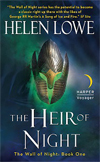
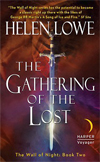
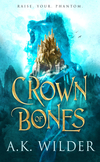
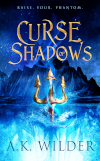
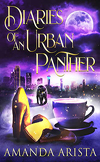
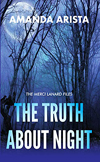

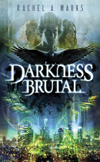


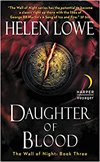
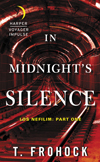
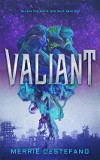


No comments:
Post a Comment